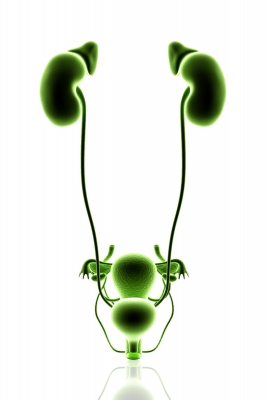
US-based biopharmaceutical firm Targacept has completed patient recruitment for its Phase IIb clinical trial of TC-5214 for the treatment for overactive bladder (OAB).
Targacept develops new neuronal nicotinic receptor (NNR) Therapeutics, and expects to report top-line results from the trial in mid-2014.

Discover B2B Marketing That Performs
Combine business intelligence and editorial excellence to reach engaged professionals across 36 leading media platforms.
According to the company, TC-5214 acts potently on alpha3beta4 and other NNRs located in or around the bladder that are believed to play a vital role in bladder contraction and signaling of the urge to urinate.
The double blind, placebo-controlled, randomised, parallel group Phase IIb trial is being carried out at sites in the US.
Co-primary endpoints in the trial are change in micturition frequency per 24 hours and change in urinary incontinence episodes per 24 hours, in each case from baseline to 12 weeks.
The trial is designed to randomise about 750 patients and includes a three or five-week screening period followed by a 12-week treatment period.

US Tariffs are shifting - will you react or anticipate?
Don’t let policy changes catch you off guard. Stay proactive with real-time data and expert analysis.
By GlobalDataDuring the trial period patients will be given either one of three doses of TC-5214 (0.5mg, 1mg or 2mg) or placebo twice daily, randomised in a ratio of 2:1:1:1 (placebo, low dose, mid dose, high dose), with a two-week follow-up period.
Targacept president and chief executive officer Stephen Hill said: "With a strong scientific rationale, supportive findings, measurable clinical endpoints and a well-defined regulatory pathway, we view overactive bladder as a promising indication for developing this advanced compound and believe it has the potential to increase quality of life for the millions of people who suffer from OAB."
Overactive bladder is a disorder that causes a sudden and frequent urge to urinate that may be difficult to suppress and might lead to incontinence.
The disorder poses a significant reduction in quality of life due to a decreased ability to socialise and participate in normal life activities and decreased emotional well-being.
Image: The hallmark symptom of overactive bladder is urgency. Photo: courtesy of freedigitalphotos.net.





